How these female Korean chefs are overcoming a tough, male-dominated industry
From Los Angeles to Bangkok and London to Seoul, meet the women flying the culinary flag for their nation's cuisine, while overcoming a tough kitchen culture.
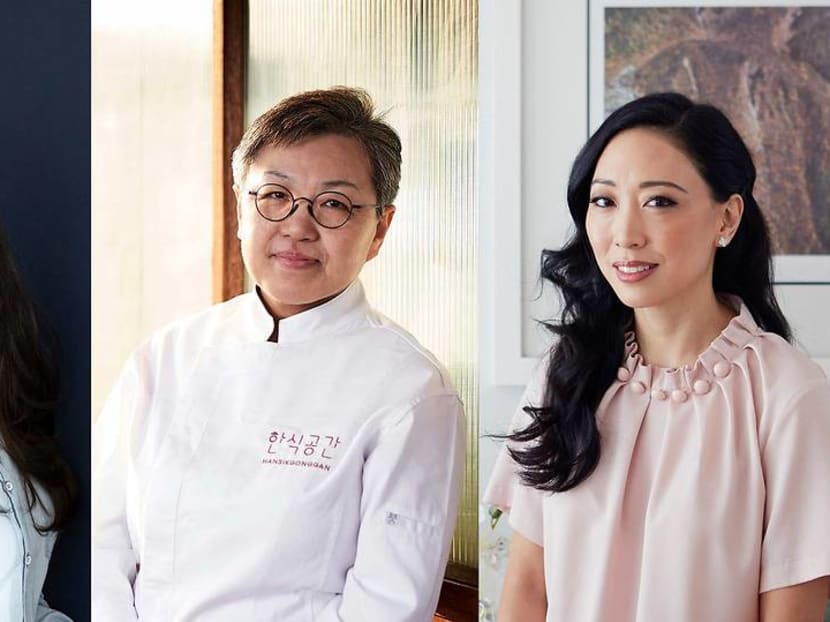
Mina Park, Cho Hee-sook and Judy Joo are among the list of powerhouse female chefs who have battled prejudice in the kitchen to put Korean cuisine on the map. (Photos: What The Fox; Hansikgonggan; Judy Joo)
Widely regarded as the godmother of Korean cuisine, Cho started working in Korean hotel kitchens back in 1983, so is well placed to comment on a restaurant culture, in common with many around the world, where women have come up against ingrained sexism.
"When I first started working in the kitchen, the job was not popular or admirable, like now,” she told CNA Luxury.
“It was one of the jobs that people didn’t want others to know you did. My working hours were up to 15 hours a day so it challenged me physically, and back in those days, chefs were even more conservative towards women.
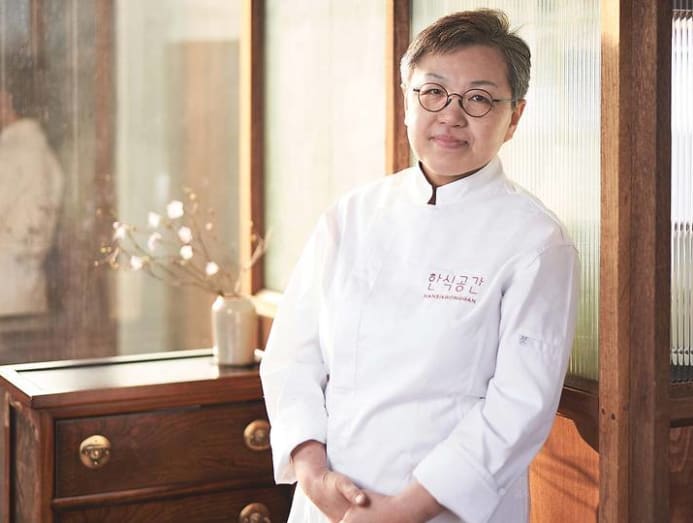
“To overcome the prejudice against female chefs, I had to give up being a housewife…, give priority to my career and work two to three times harder than the other chefs."
However Cho's recent award, one of many in her distinguished career, reveals that there is still a significant way to go.
"The fact that we have an 'Asia’s best female chef' award to raise awareness of female chefs proves the truth that being a successful female chef in the kitchen is not easy even these days.
“Chefs need to be physically strong and energetic. To be a professional chef, you need not only cooking techniques and creativity to develop new menus but also personality, artistry, and capability to run the kitchen system.
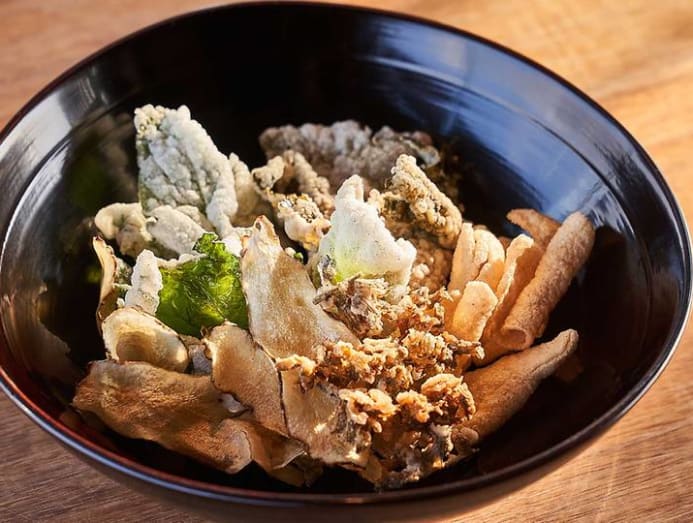
“Maybe female chefs are not physically as strong as male chefs. But I don't think there are any other things that limit women because they are women. It should be about how to be a good chef, not about gender."
“To overcome the prejudice against female chefs, I had to give up being a housewife…, give priority to my career and work two- to three times harder than the other chefs. – Cho Hee-sook
Outside Korea, one of the most well-known names in the industry is Judy Joo. Following a Wall Street career, the Korean-American joined Restaurant Gordon Ramsay as a pastry chef, then worked across his portfolio of eateries.
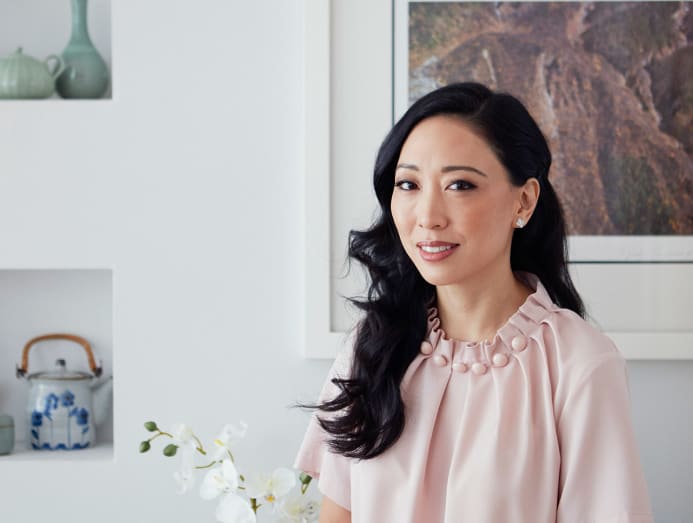
She also staged at legendary restaurants including The French Laundry and The Fat Duck and then became the only female Iron Chef in the UK – and only the second female Iron Chef worldwide.
Joo recently launched a new cookbook, Korean Soul Food, and opened Seoul Bird in London, specialising in the Korean fried chicken for which she is known.
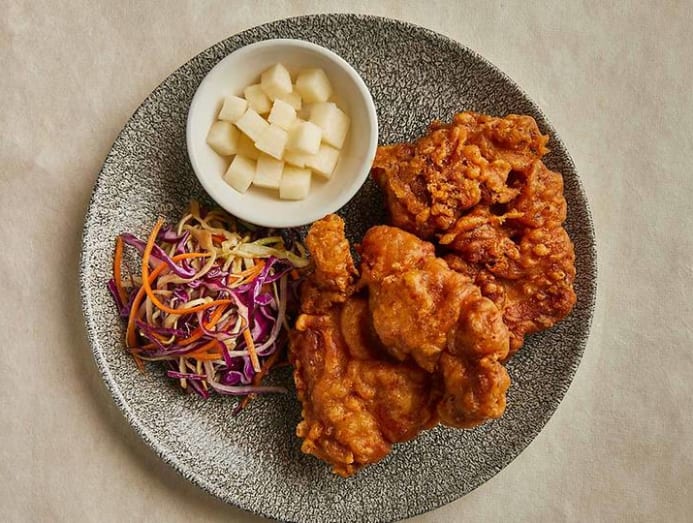
She's clearly proud to be representing Korean food, particularly in London.
"Korean food deserves a global stage and audience and I hope that I am spreading the love for Korean food one bite of kimchi at a time. I try to celebrate and showcase not just Korean food, but all of Korean culture – all of the restaurants that I have designed always have an emphasis on displaying many different elements of Korea’s tradition: Colours, textures and architecture."
READ> Who are the K-chefs helping to popularise Korean cuisine around Asia?
Her take on male-dominated kitchens in Korea is that it's something seen everywhere.
"All restaurants around the world have traditionally been male-dominated. Korea is no different. The culinary stars tend to be men and they are generally in the spotlight and media more than the women."
She adds, however, that things have broadly improved for female chefs.
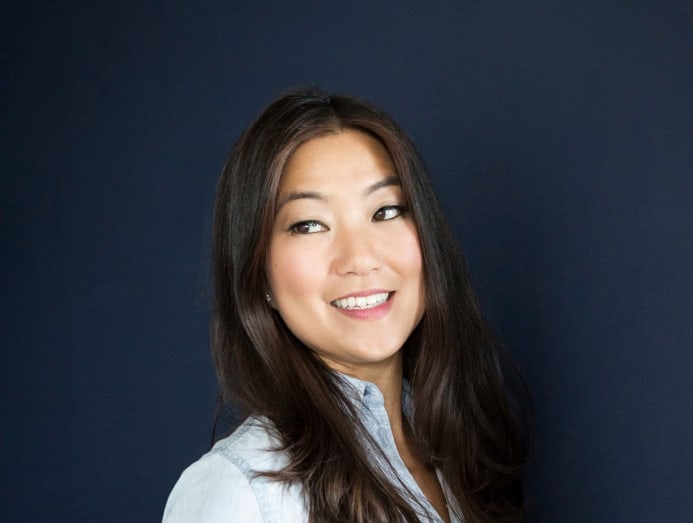
"Korean cuisine is really coming to the forefront these days. You have multiple Korean American chefs winning James Beard awards in the past few years; Korean fine-dining in Korea and outside of Korea climbing "best of" lists; and Korean diaspora chefs proudly claiming their Korean heritage.
“Then you have one of my idols, Cho Hee-sook, being named Asia's best female chef this year, which was so well-deserved. So it's an exciting time to be even a small part of this Korean food movement and celebration. Now the challenge is how to push the conversation forward in my own way."
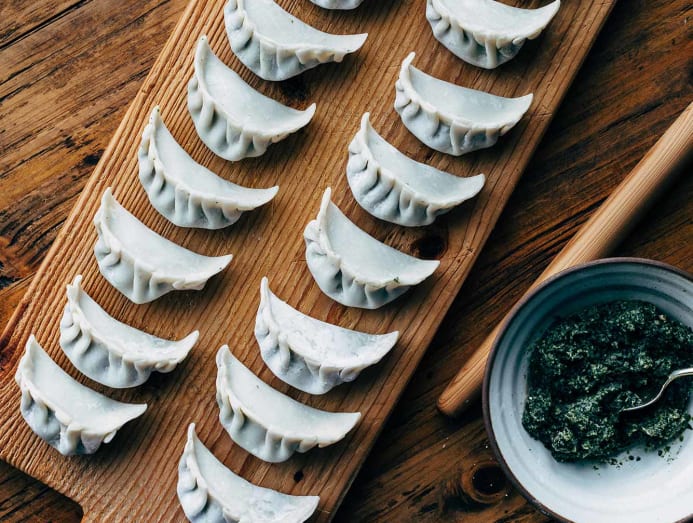
However, she sees the difficulties for some female chefs in South Korea, beset by sexism.
"I have not worked in a restaurant in Korea but I'm familiar with the challenges of being a woman, especially a working woman, in Korean society. The restaurant industry in many countries is quite sexist and hierarchical, so I can imagine it is difficult to be a female chef in Korea.
“Other than Cho Hee-sook and Roh Young-hee of Poom, you don't see many women chefs leading prominent restaurants in Korea. But I do know of a growing number of young female chefs in Korea who are extremely talented – and hopefully more supported than ever."
"All restaurants around the world have traditionally been male-dominated. Korea is no different. The culinary stars tend to be men and they are generally in the spotlight and media more than the women.” – Judy Joo
One such talent – but who doesn’t reside in Korea – is Bangkok-based Lauren Kim. She was born in Korea, raised by her single mum and grandmother, both of whom owned and ran restaurants. In 2007 she moved to the Thai capital and in 2015 opened her first restaurant Banjoo BBQ, now one of two branches, as well as Charm Korean Steakhouse.
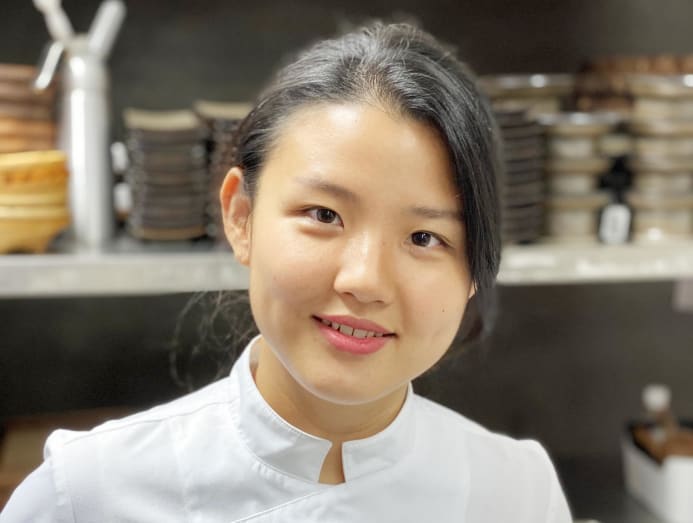
As Kim lives full-time in Bangkok and only visits Korea twice a year, she explains she doesn't feel she has enough “information or perspective” to answer whether things have improved for female chefs there. But she's adamant that from her perspective, at least in Bangkok, working in Korean restaurants has been far from a culture of sexism.
"Throughout my childhood and teenage years my world was intertwined with food. I've grown up in a very female-dominant family. My grandmother and my mum were leaders in the house and in their restaurant businesses. Some of their female friends also owned restaurants and cafes in Korea and Thailand. I have been always around very powerful women characters in Korean kitchens."
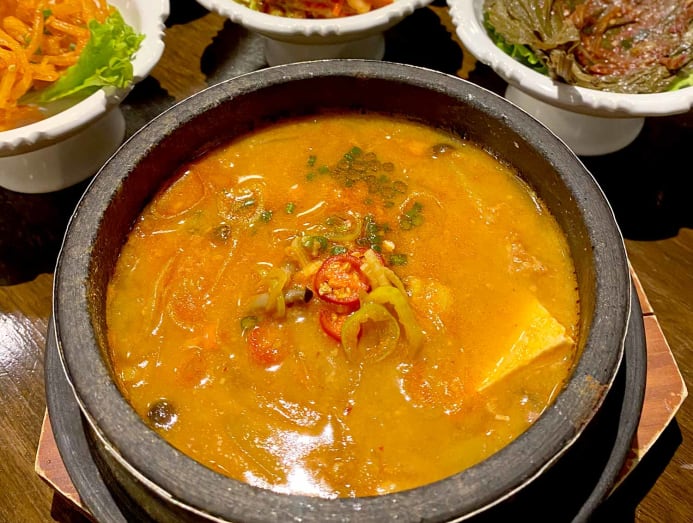
With the likes of the godmother of Korean cuisine Cho Hee-sook, established global names like Judy Joo, and rising stars like Mina Park and Lauren Kim, the future certainly looks brighter than ever for powerhouse female chefs.
"In Korea, you are seeing more female chefs entering the field and even studying abroad at cooking schools all over the world. Female chefs are slowly making more of a name for themselves around the world.” – Judy Joo





